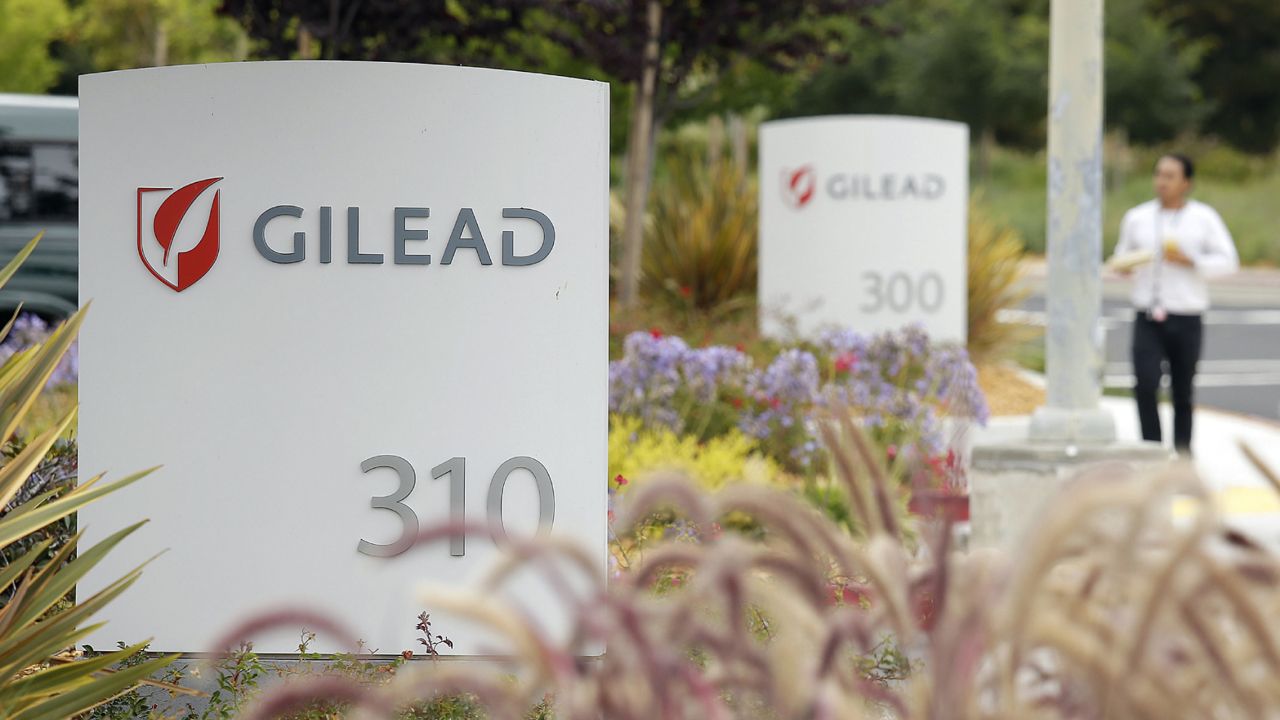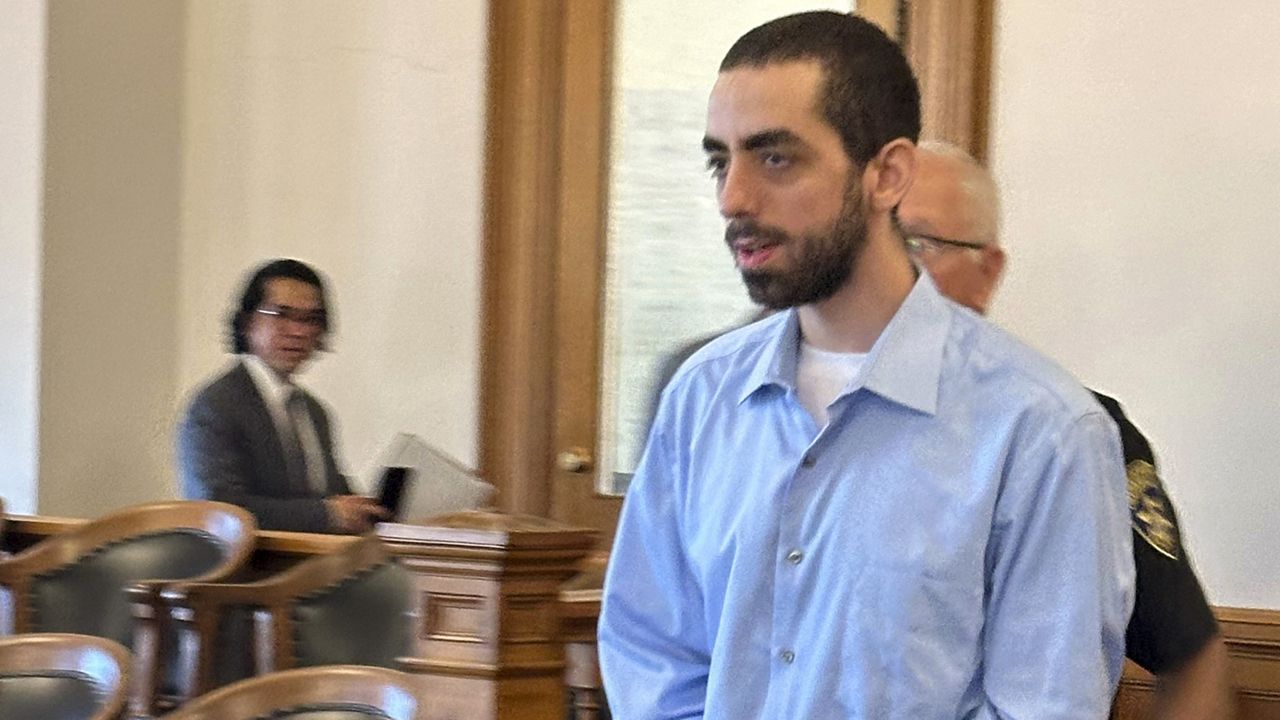WASHINGTON, D.C. — The U.S. Food and Drug Administration (FDA) on Thursday approved Gilead Sciences’ antiviral drug Remdesivir as an effective treatment against coronavirus.
The move makes Remdesivir, also known as Veklury, the first and only fully approved COVID treatment in the country. The drug will be used “for the treatment of patients with COVID-19 requiring hospitalization,” a statement on Gilead’s website read.
“The speed and rigor with which Veklury has been developed and approved in the U.S. reflect the shared commitment of Gilead, government agencies and clinical trial investigators to advance well-tolerated, effective treatment options for the fight against COVID-19,” said Gilead Sciences Chairman and Chief Executive Officer Daniel O’Day in the statement.
“We will continue to work at speed with the aim of enhancing patient outcomes with Veklury to ensure all patients with COVID-19 have the best chance at recovery,” he went on to say.
The FDA first granted Remdesivir an emergency authorization in May, despite the drug not being formally vetted by the agency at the time.
The drug has proven to have a moderate effect on those hospitalized with coronavirus, with a study from the New England Journal of Medicine finding “Remdesivir was superior to placebo in shortening the time to recovery in adults who were hospitalized with Covid-19 and had evidence of lower respiratory tract infection.”
Remdesivir was one of several treatments given to President Trump while he was hospitalized at Walter Reed National Military Medical Center with coronavirus earlier this month to treat his symptoms, which the White House described as “mild.”
At the time, the antibody drug was being called one of the most promising approaches to preventing serious illness from a COVID-19 infection.
But the FDA’s Remdesivir approval comes less than a week after a large study led by the World Health Organization found that the antiviral drug did not help hospitalized COVID-19 patients, in contrast to an earlier study that made the medicine a standard of care in the United States and many other countries.
The results announced Friday do not negate the previous ones, and the WHO study was not as rigorous as the earlier one led by the U.S. National Institutes of Health. But they add to concerns about how much value the pricey drug gives because none of the studies have found it can improve survival.
The WHO study involved more than 11,000 patients in 30 countries. About 2,750 were randomly assigned to get Remdesivir. The rest got either the malaria drug hydroxychloroquine, the immune-system booster interferon, the antiviral combo lopinavir-ritonavir, or just usual care. The other drugs have largely been ruled out for COVID-19 by previous studies, but not Remdesivir.
Death rates after 28 days, the need for breathing machines and time in the hospital were relatively similar for those given remdesivir versus usual care.
The results have not been published in a journal or reviewed by independent scientists, but were posted on a site researchers use to share results quickly.
At the time, Gilead Sciences said in a statement that the results are inconsistent with more rigorous studies and have not been fully reviewed or published.
The Associated Press contributed to this report.









